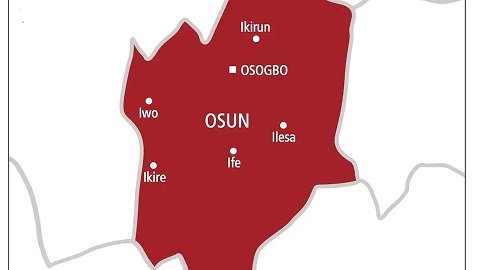[ad_1]
The Federal Government has been advised to deregulate the downstream sector of the petroleum sector to put an end to the issue of fuel scarcity across the country.
The patron of the Nigeria Union of Journalists (NUJ), Oyo State chapel, Dr Babajide Agunbiade (FNSE), through the statement he personally signed to that effect which a copy was made available to pressmen in Ibadan, on Saturday, stated that the horror Nigerian are facing by the endless queues, and incessant increase in the pump price of Premium Motor Spirits (PMS) otherwise known as Petrol needs urgent attention as we are approaching the festive period.
Agunbiade, in his reaction from his base in Texas, United States, stated that there is no doubt that Nigerians are suffering and smiling with the hardship that the issue of fuel scarcity has brought upon them in the last few days.
According to Agunbiade, deregulating the downstream sector, is one of only 12 subject matter experts globally in subsea production systems and the Atobaase of Yorubaland, will bring a lasting solution to the scarcity of PMS.
He however, noted that deregulation of the downstream sector of the petroleum Industry is necessary to tackle shortfalls and to enhance quantities of petroleum commodities in Nigeria.
He maintained that “I confirmed from a reliable source that Petrol now sells for between N250-N300 per liter against the official pump price of N185.
“We cannot continue with this situation, and FG needs to act fast because it will affect a lot of people if we continue like this. The only alternative to this issue of fuel scarcity is deregulation of the downstream sector of the petroleum industry.
“The objective is to boost proficiency in the industry via governance, statutory transformations, and vigorous business competition” he opined that we could learn from other advanced countries’ skills to transform and fortify the downstream oil industry laws that have led to the free flow of Petroleum product.
“The absolute authority of the Nigerian government in the industry and incongruous valuing of oil commodities has made the industry unappealing to financiers to fund private refineries that will ensure adequate supply of petroleum and make reasonable profits on their investments owing to excessive regulation of the industry by the government.”
The Atobaase said contrary to claims by the labour union and other antagonists of deregulation, deregulating the Indiatry will halt continuous increment in fuel prices and ensure efficient operation of the downstream petroleum industry.
“The country is failing to benefit from the long-drawn Petroleum Industry act recently signed into law, which was supposed to usher in the absolute deregulation of the industry to foster private investments and to halt subsidy disbursements, a fountain of corruption.
He praised the National Assembly for passing the Petroleum Industry Bill (PIB), 2021 saying “The key objective of the PIB is to overhaul and transform the Nigerian oil gas industry. However, the key question being asked is: will the PIB be the game changer for the industry at a time when major oil producers are seeking to transition to clean energy? Only time will tell.
“For the past 20 years, there have been various attempts at reforming the industry. However, none of these efforts yielded any tangible result until the introduction of the Petroleum Industry Bill (PIB) 2020.
“It is high time the Federal Government resolve the problem of PMS once and for all,” he concluded.
[ad_2]








